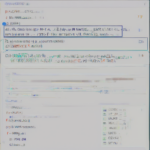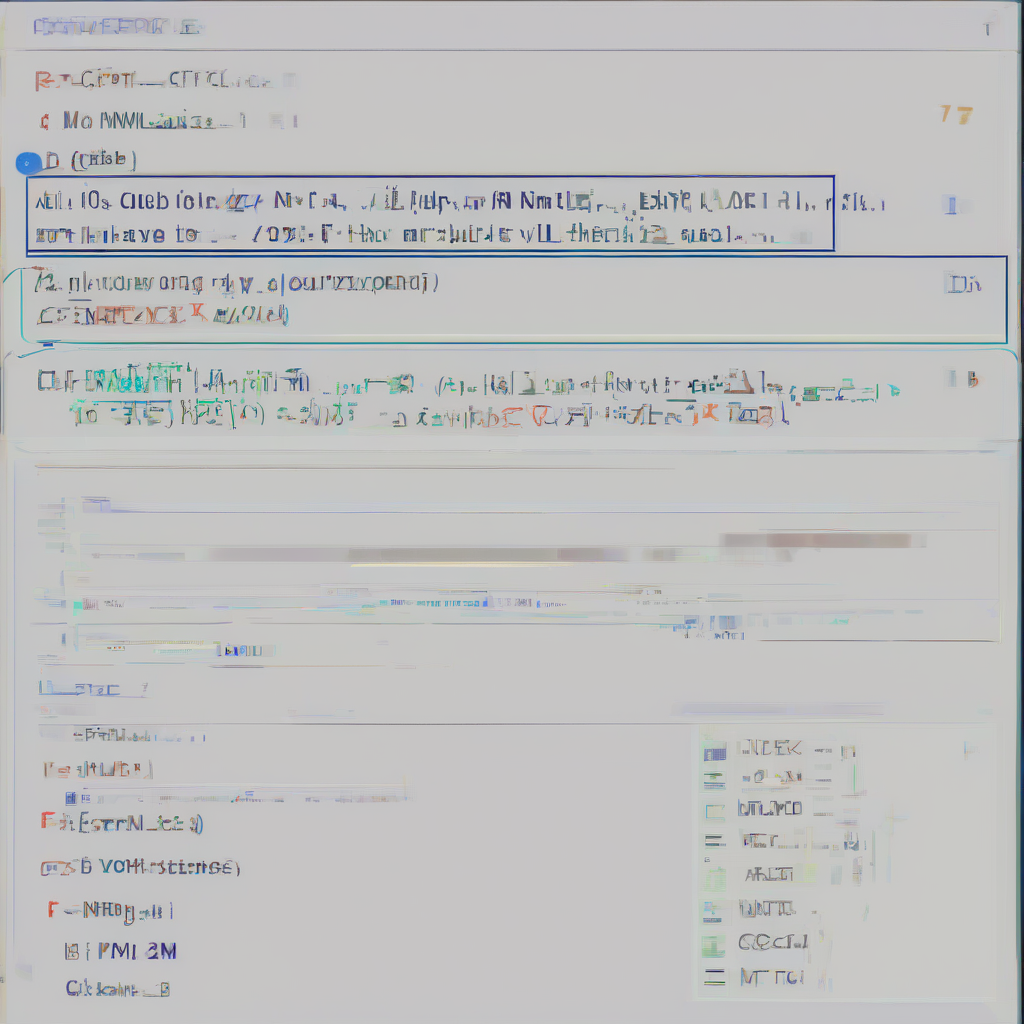Estate Tax ID Number: A Comprehensive Guide
An estate tax ID number, also known as an Employer Identification Number (EIN), is a nine-digit number assigned by the Internal Revenue Service (IRS) to businesses, trusts, and estates. This number is crucial for managing estate tax liabilities and fulfilling various administrative requirements related to estate planning.
Why Do Estates Need an Estate Tax ID Number?
- Filing Estate Tax Returns: The IRS mandates that estates file Form 706, the United States Estate (and Generation-Skipping Transfer) Tax Return, to report assets and liabilities and calculate estate tax obligations. An EIN is required to identify the estate for tax purposes and ensure proper reporting.
- Opening Bank Accounts: Estates often need to open bank accounts to manage assets and pay expenses. Financial institutions require an EIN for identification and to ensure proper record-keeping.
- Paying Estate Taxes: The estate is responsible for paying any estate tax due on its assets. An EIN is necessary for submitting tax payments to the IRS and maintaining clear financial records.
- Managing Estate Assets: An EIN provides a unique identifier for the estate, making it easier to track and manage assets such as real estate, investments, and other valuable possessions.
Who Needs an Estate Tax ID Number?
Not all estates require an EIN. The following factors determine whether an estate needs to obtain an EIN:
- Estate Size: The current federal estate tax exemption is $12.92 million for 2023. Estates exceeding this threshold are subject to estate tax, making an EIN essential.
- Business Ownership: If the deceased owned a business, the estate will likely inherit the business. In such cases, an EIN is necessary to continue operating the business under the estate’s name.
- Trust Involvement: If a trust is involved in the estate, the trust itself may require an EIN for its operations and tax reporting.
How to Obtain an Estate Tax ID Number
The IRS provides several methods to apply for an EIN. Here are the common options:
- Online Application: The IRS offers a secure online application process through its website. This method is typically the fastest and most convenient.
- Fax Application: An EIN application form can be downloaded and faxed to the IRS. This method is suitable for those who prefer to submit a physical application.
- Mail Application: Alternatively, the application form can be mailed to the IRS. This method is the slowest option and requires additional processing time.
When applying for an EIN, the executor or administrator of the estate will need to provide basic information such as the deceased’s name and Social Security number, the estate’s name, and the reason for applying for an EIN. The IRS will then assign a unique nine-digit number to the estate.
Consequences of Not Obtaining an Estate Tax ID Number
Failing to obtain an EIN when required can result in significant consequences for the estate and its beneficiaries:
- Penalties and Interest: The IRS may impose penalties and interest charges for late or incomplete estate tax returns. This can add substantial financial burden to the already complex estate administration process.
- Delayed Asset Distribution: Without an EIN, it can be challenging to manage estate assets, such as selling property or investing proceeds. This can delay the distribution of assets to beneficiaries.
- Legal Complications: Lack of an EIN can create legal complications during estate administration. It may hinder the ability to engage in various financial transactions and make it difficult to resolve legal disputes related to the estate.
Conclusion
Obtaining an estate tax ID number is an essential step in managing estate tax obligations. It allows for proper estate tax reporting, facilitates asset management, and avoids potential legal and financial complications. By understanding the requirements and following the application process, estates can ensure compliance with IRS regulations and effectively handle estate tax matters.








